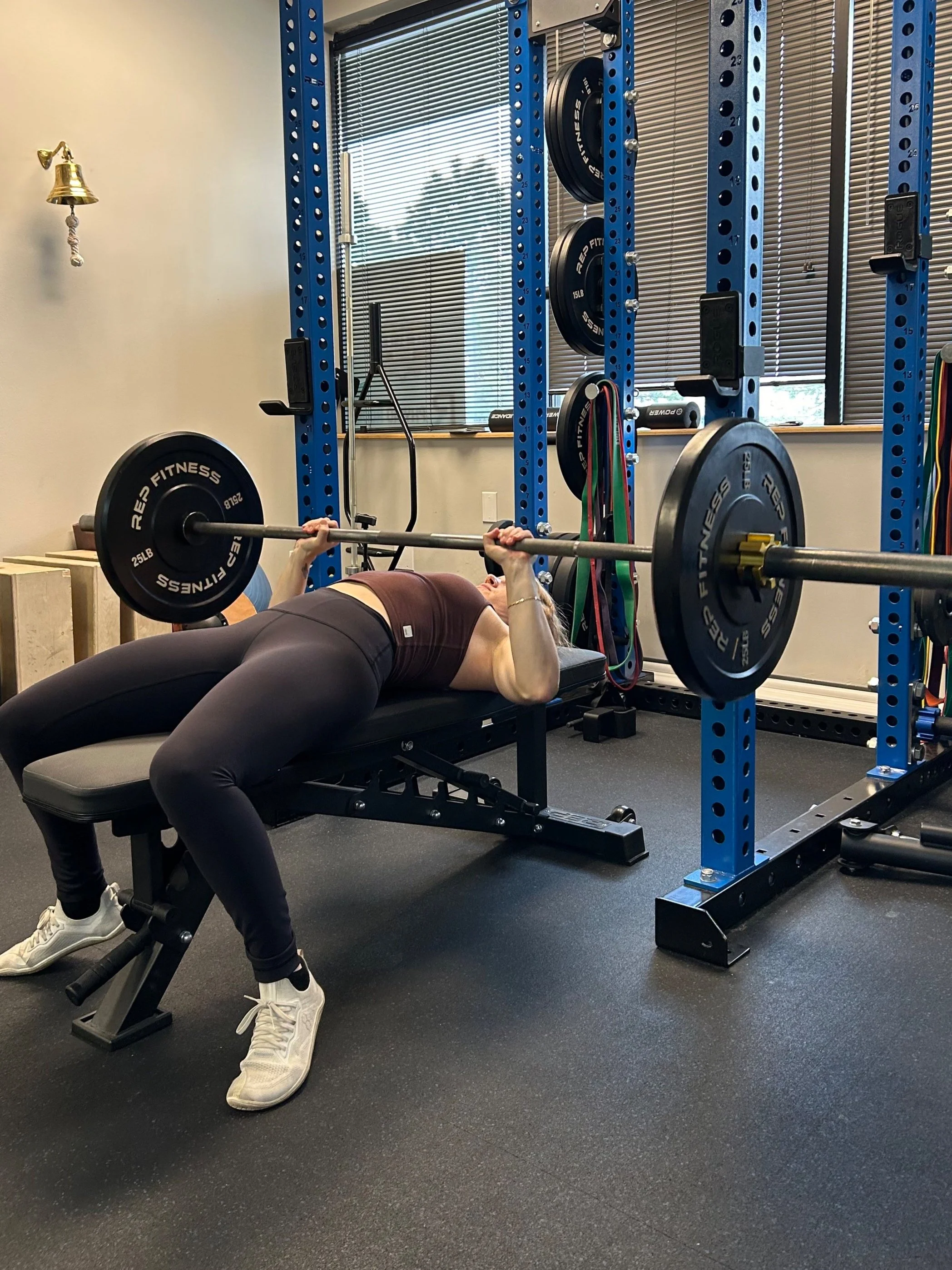Unleash your Climbing Potential: The Power of Strength Training
I often hear climbers express concerns about strength training. They fear bulking up or wasting time in the weight room when they could be improving on the climbing wall. However, these concerns are baseless. To bulk up significantly, you would need to consume an excessive amount of food and engage in high-volume weightlifting. If you're also climbing regularly, it's highly unlikely you will achieve both.
While the most effective way to get better at climbing is by developing skills and spending more time on the wall, we must not forget the importance of strength training. Although climbing is primarily a skill sport, strength is crucial for reaching your full potential. Strength training makes you more efficient on the wall and enhances your ability to perform climbing skills effectively.
When you lift heavy, you safely and effectively overload muscles, tendons, and ligaments, making them stronger and more resilient. You also build strength by increasing motor unit recruitment, which helps you move heavier weights. The more motor units you recruit, the stronger you become. The stronger and more resilient you are, the better prepared you are to apply your skills on the wall.
There is a difference between being prepared for climbing and being better at climbing. For example, a deadlift may not directly help you better maintain tension on an overhung climb, but it will help you use less energy during such climbs, allowing you to perform more moves following high-intensity efforts.
Strength training also helps address muscle imbalances and prevent injury. Often, climbers focus on increasing their pull-up max, believing that stronger pulling muscles will make them better climbers. However, it's crucial not to neglect pushing exercises. Pushing exercises help create balance in muscles that may be underdeveloped.
Our bodies are smart. When our body senses a significant strength increase or overdevelopment in one area, it limits strength gains to prevent further imbalance. If climbers only train pulling, their bodies will eventually inhibit further gains in this muscle group due to weakness in pushing muscle groups.
Bench Press: A Pressing Exercise
If you want to spend less energy hiking to your climb, conserve energy on moves within your skill set, and save your energy for high-effort moves, book a 1 hour consult with me at to discuss your current training regimen.


